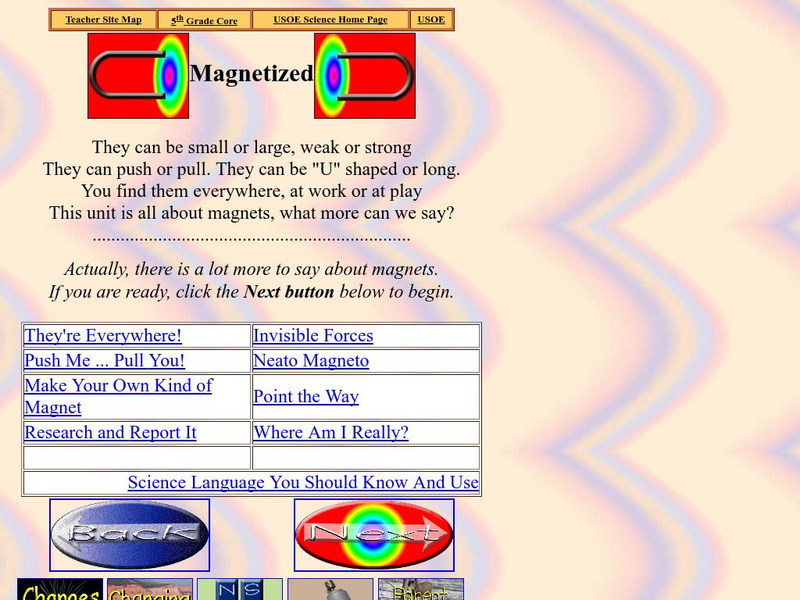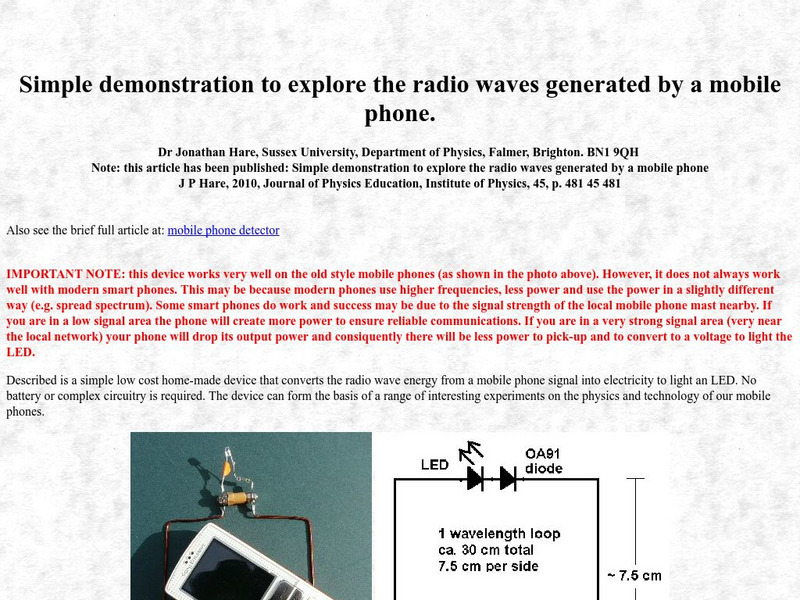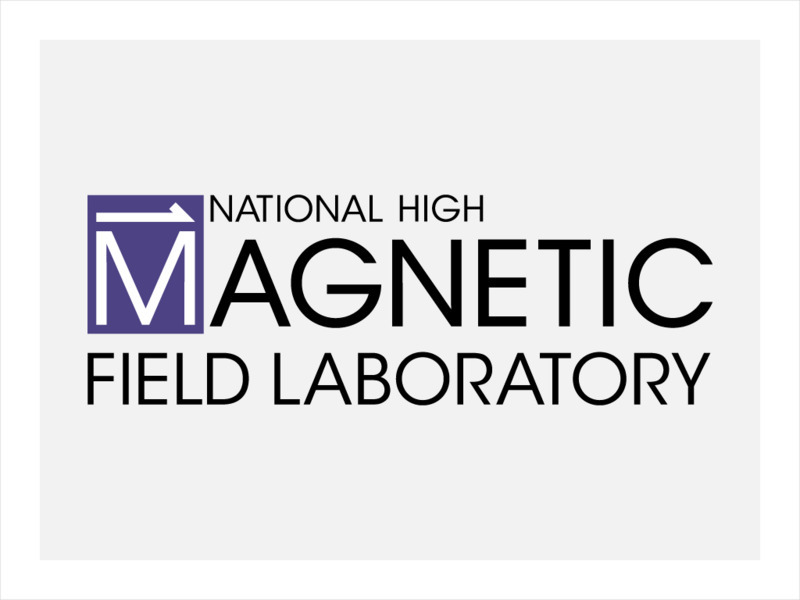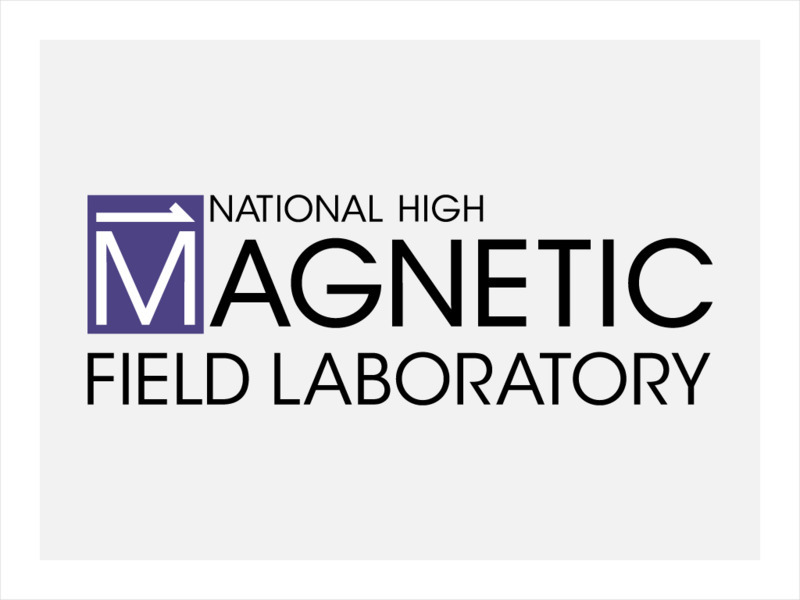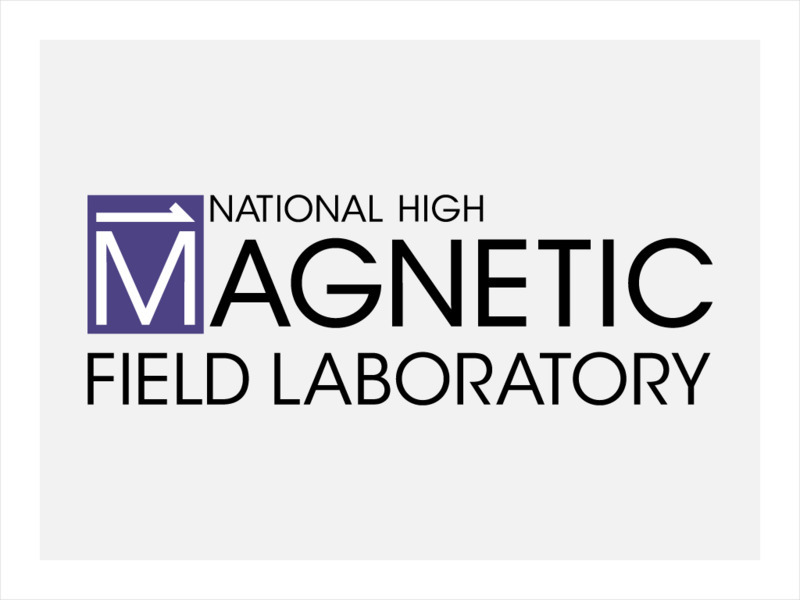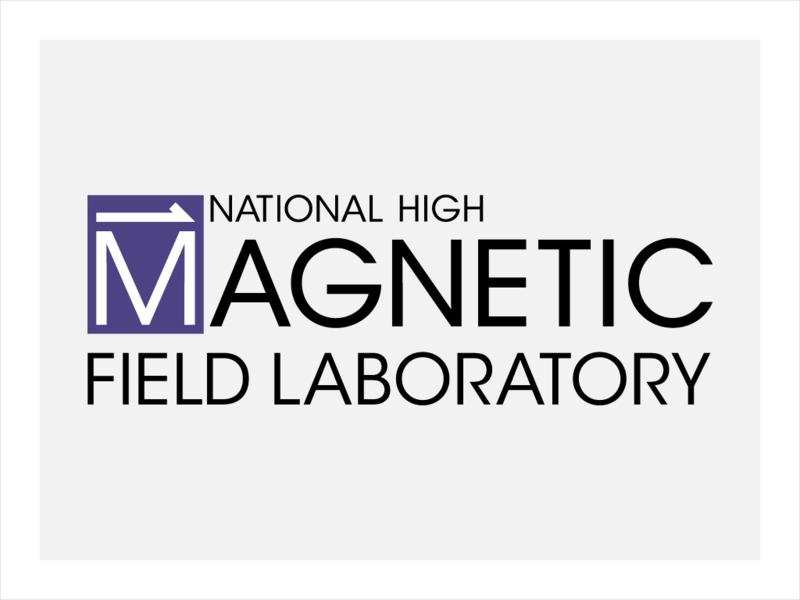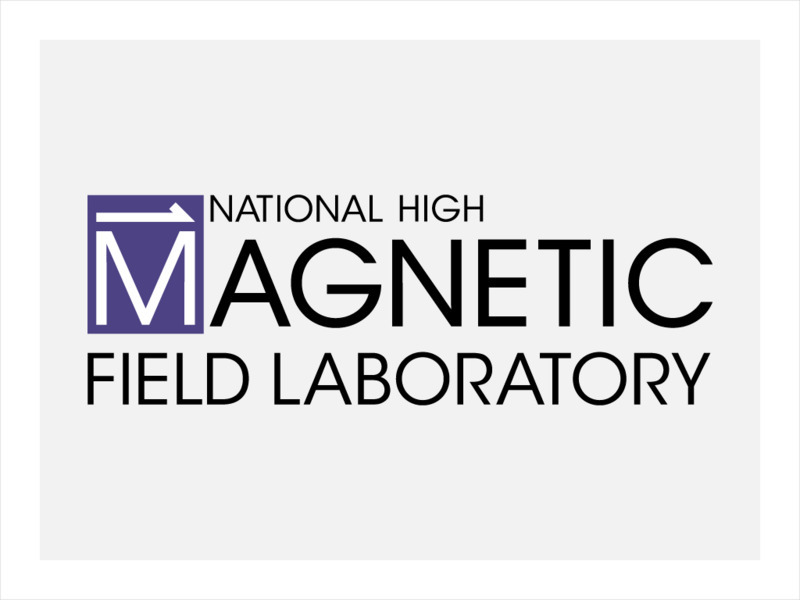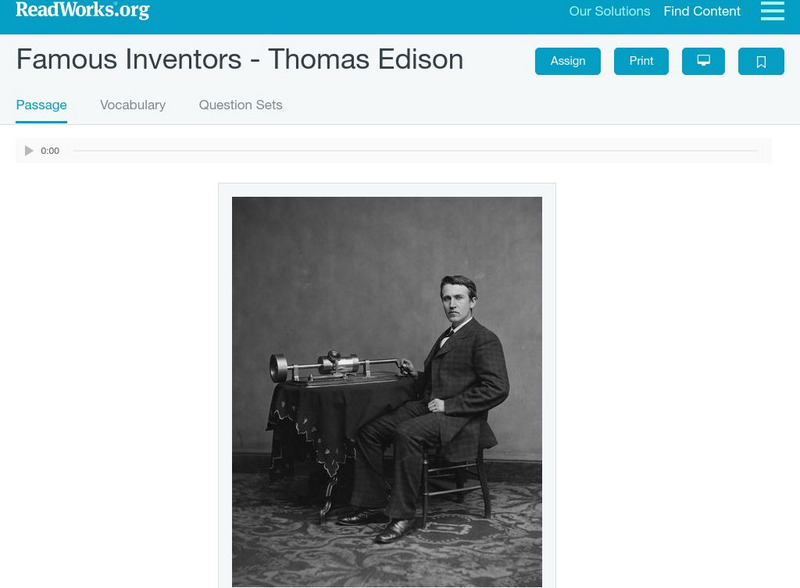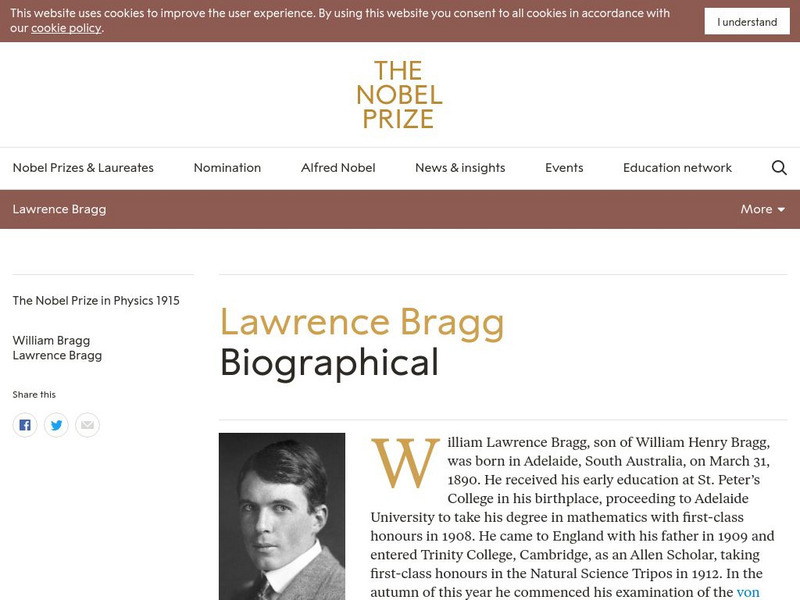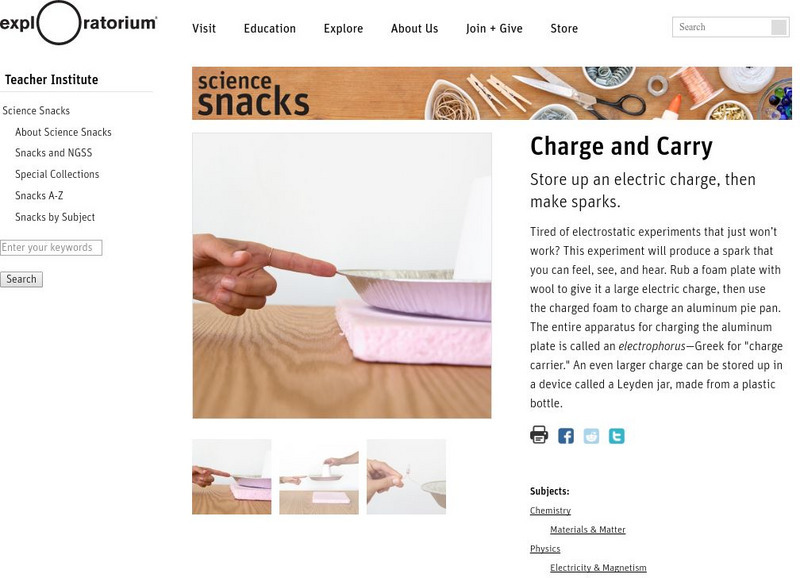ClassFlow
Class Flow: Electricity
[Free Registration/Login Required] Students can use this Flipchart to learn and apply Ohm's law to basic circuitry problems. Students are introduced to the relationship among voltage, current, and resistance, and then apply their newly...
Science Struck
Science Struck: Properties of Polystyrene
Explains what polystyrene is and its many different properties and uses.
Ducksters
Ducksters: Physics for Kids: Electrical Conductors and Insulators
Kids learn about electrical conductors and insulators in the science of electricity and physics including materials, superconductors, and semiconductors.
Ducksters
Ducksters: Physics for Kids: Electric Current
Kids learn about electric current in the science of physics including the flow of electrons, measurement, alternating, and direct current.
Ducksters
Ducksters: Physics for Kids: Ohm's Law
Kids learn about Ohm's law in the science of electricity and physics including current, resistance, voltage, example problems, and V=IR.
Ducksters
Ducksters: Physics for Kids: Resistors in Series and Parallel
Kids learn about resistors in series and parallel in the science of electricity and physics including equations, circuits, and example problems.
Ducksters
Ducksters: Physics for Kids: Electronic Circuits
Kids learn about electronic circuits in the science of electricity and physics including schematics, power, ground, components, and the printed circuit board.
Utah State Office of Education
Utah Science: Magnetized
A unit all about magnets! Explore magnetic forces, types of magnets, and more through these informative activities.
Open Curriculum
Open Curriculum: Capacitance and Inductance
Students learn about capacitors and inductors and their role in electrical circuits.
Creative Science Centre
Creative Science Centre: Demonstration of Radio Waves Generated by Mobile Phone
Described is a simple low cost home-made device that converts the radio wave energy from a mobile phone signal into electricity to light an LED. No battery or complex circuitry is required. The device can form the basis of a range of...
National High Magnetic Field Laboratory
Magnet Academy: Robert Millikan
Robert Andrews Millikan was a prominent American physicist who made lasting contributions to both pure science and science education. He is particularly well known for his highly accurate determination of the charge of an electron via...
National High Magnetic Field Laboratory
Magnet Academy: Timeline of Electricity and Magnetism: 1870 1879
The telephone and first practical incandescent light bulb are invented while the word "electron" enters the scientific lexicon.
National High Magnetic Field Laboratory
Magnet Academy: Timeline of Electricity and Magnetism: 1850 1869
The Industrial Revolution is in full force, Gramme invents his dynamo and James Clerk Maxwell formulates his series of equations on electrodynamics.
National High Magnetic Field Laboratory
Magnet Academy: Timeline of Electricity and Magnetism: 1840 1849
The legendary Faraday forges on with his prolific research and the telegraph reaches a milestone when a message is sent between Washington, DC, and Baltimore, MD.
National High Magnetic Field Laboratory
Magnet Academy: Timeline of Electricity and Magnetism: 1940 1959
Defense-related research leads to the computer, the world enters the atomic age and TV conquers America.
National High Magnetic Field Laboratory
Magnet Academy: Timeline of Electricity and Magnetism: 1930 1939
New tools such as special microscopes and the cyclotron take research to higher levels, while average citizens enjoy novel amenities such as the FM radio.
National High Magnetic Field Laboratory
Magnet Academy: Timeline of Electricity and Magnetism: 1910 1929
Scientists' understanding of the structure of the atom and of its component particles grows, the phone and radio become common, and the modern television is born.
National High Magnetic Field Laboratory
Magnet Academy: Timeline of Electricity and Magnetism: 1890 1899
Scientists discover and probe x-rays and radioactivity, while inventors compete to build the first radio.
University of Arizona
Pulse: Powerful Explorations of Health and Energy
A cross curricular unit where students simulate an energy task meeting to discuss protecting human health through energy policies. The unit covers content for twelfth grade in math, physics, language arts, and government. Topics reviewed...
Wolfram Research
Wolfram Science World: Capacitor
A rather mathematical explanation of a capacitor. Gives all the appropriate formulae, with many hotwords for further info.
Read Works
Read Works: Famous Inventors Thomas Edison
[Free Registration/Login Required] This short biographical piece shares information about Thomas Edison, the inventor of the phonograph, light bulb, motion picture camera, and more. This passage is a stand-alone curricular piece that...
Georgia Department of Education
Ga Virtual Learning: Electrostatics
Through informational text, interactive activities, practice problems, and virtual simulations, students learn about the basic properties of electricity in this unit.
Nobel Media AB
The Nobel Prize: William Lawrence Bragg Biographical
The official Nobel biography of William Lawrence Bragg. the son of William Henry Bragg, who shared the 1915 Nobel Prize in Physics with his father. This article focuses on Bragg's science activities, positions, and achievements and honors.
Exploratorium
Exploratorium: Science Snacks: Charge and Carry
This site from The Exploratorium Museum is a full description of a short activity. An electrophorus plate and a Leyden jar are made. The electrophorus is charged by induction. Its charge is transferred to the Leyden jar by conduction...









